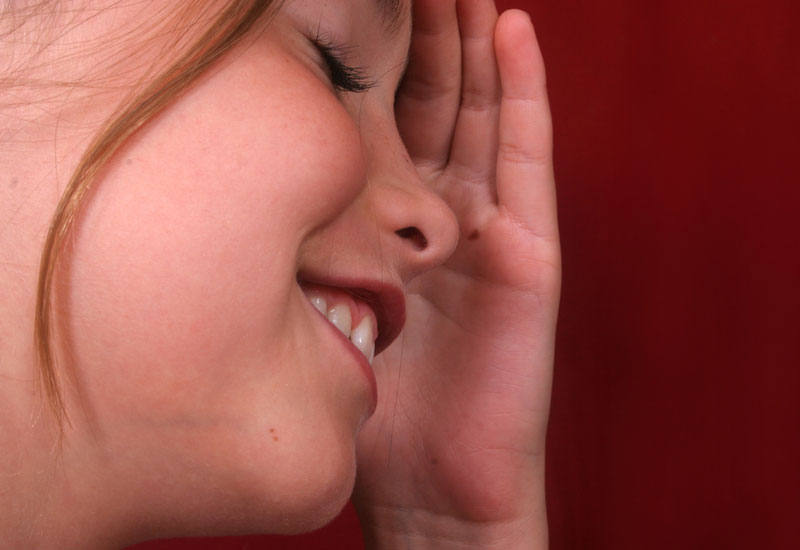Easily Embarrassed? Others Trust You More, Study Shows

The next time you blush after tripping over your own feet in public, don't try to hide it — a new study finds that showing your embarrassment actually makes other people view you as more trustworthy.
"Embarrassment is one emotional signature of a person to whom you can entrust valuable resources," study researcher Robb Willer, a social psychologist at the University of California, Berkeley, said in a statement. "It's part of the social glue that fosters trust and cooperation in everyday life."
Researchers from UC Berkeley conducted a series of experiments that used video testimonials, trust games and surveys to gauge the relationship between embarrassment and "pro-sociality," or positive behavior toward others.
In one experiment, researchers videotaped 60 college students recounting embarrassing moments such as passing gas in public or making incorrect assumptions based on appearances, such as mistaking an overweight woman for being pregnant or assuming that a disheveled person is a panhandler.
Each video testimonial was rated based on the level of embarrassment that the subject showed. Researchers identified the most typical gesture of embarrassment as a downward gaze to one side while partially covering the face and either smirking or grimacing.
The same subjects then participated in a "dictator game," which is used to measure altruism. Each participant was handed 10 raffle tickets and asked to keep a share of the tickets and give the rest to a partner. Those who showed the most generosity, giving away more of their raffle tickets, turned out to be the ones who had displayed greater levels of embarrassment in their videos.
In another of the experiments, participants were asked to watch a man being told he had received a perfect score on a test. Unknown to the subjects, the man was a trained actor. In front of some of the participants, the actor responded to the news with embarrassment, while in front of others, he responded with pride. The subjects then played games with the actor that measured their trust in him.
Get the world’s most fascinating discoveries delivered straight to your inbox.
All of the findings showed that embarrassment levels reflected a person's tendency to be pro-social, and that participants viewed embarrassed people as more trustworthy.
"Moderate levels of embarrassment are signs of virtue," said study researcher Matthew Feinberg, a doctoral student in psychology at the university. "Our data suggests embarrassment is a good thing, not something you should fight."
Not only are embarrassed people viewed as more trustworthy and therefore more likely to be better friends, they may make better romantic partners. Subjects who are easily embarrassed reported higher levels of monogamy, according to the study.
Therefore, "you want to affiliate with them more," Feinberg said. "You feel comfortable trusting them."
The researchers noted that the bashful, moderate type of embarrassment that they studied should not be confused with a debilitating social anxiety disorder. It also should not be confused with shame, which is associated with serious moral transgressions, such as getting caught cheating.
The study will be published in the September issue of the Journal of Personality and Social Psychology.


